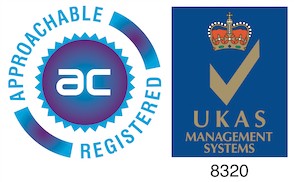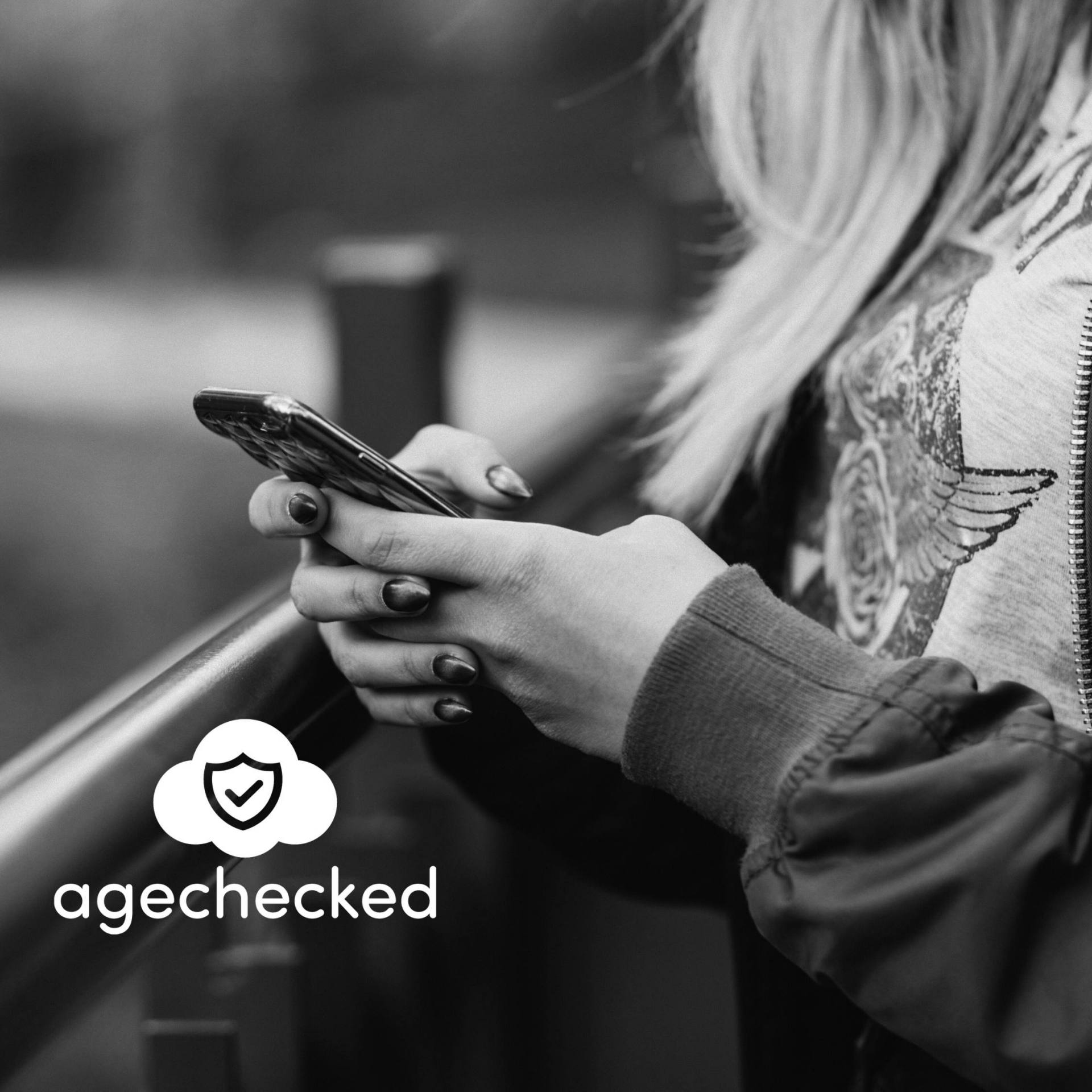Florida Age Verification Laws Come into Effect
We previously reported on the social media age restriction rules being rolled out across Australia, and now a similar law has been introduced in the US state of Floride. The Florida age verification laws are even stricter than their Australian counterparts and may indicate that we’re about to enter a new era for digital content and services.
In this blog, we examine these new Florida age verification laws and discuss the impact they could have on digital businesses and the end user. Read on to learn more.
The Background of the Bill
At the beginning of 2024, the Florida House voted to pass a bill that set out plans to prohibit children from accessing social media platforms. In February 2024, the bill moved into and passed in the Florida Senate.
Nearly a year later, on New Year’s Day 2025, the laws set out in the bill have finally come into effect. These new Florida age verification laws set out a number of restrictions, limiting access to both social media platforms and adult content.
Social Media Crackdown
In Australia, children under the age of 16 will soon be prohibited from using social media. The Florida age verification laws appear to be taking things further, lower the minimum age from 16 to 14. In addition, the new rules will request that social platforms like Facebook, Instagram and TikTok take steps to remove existing accounts owned by children.
Social media companies found to be in breach of these new rules could face punitive action under the Florida Deceptive and Unfair Trade Practices Act. The bill states that these companies must take steps to ensure that no children under the age of 14 can create or use accounts on the platforms.
Lawmakers in Florida cited the addictive nature of social media as a key driver behind the bill. They also noted that children can be at risk of targeting by predators on social platforms.
Limiting Access to Adult Content
In addition to rules that affect social media channels, the new Florida age verification laws are also impacting the operators of adult content platforms. Now, if a user wants to access adult content, they must first provide proof of age. According to the bill, these age verification procedures are to be conducted via third-party providers, rather than governmental agencies.
However, adult content site operators have hit back, citing a lack of confidence in the new system. As a result, many of the major adult content sites have decided to cease operating in Florida entirely, rather than comply with the new rules.
Conclusion
As evidenced by new laws in Australia and the US, attitudes towards social media and online adult content seem to be shifting. As research increasingly reveals the potential negative impact these digital products and services can have, particularly on young people, we can expect to see further crackdowns across the world. A result of this will likely be increased reliance on age verification solution providers. AgeChecked’s solutions are flexible and fully scalable, the perfect choice as we enter a new age of digital content.






